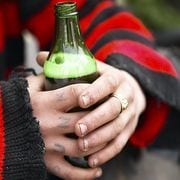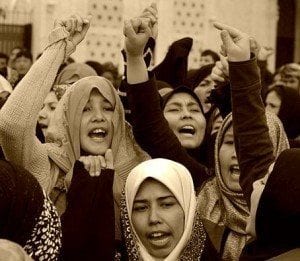
Study determines most and least effective methods, how many colleges implement them
Alcohol abuse is a major issue on campus, but few colleges are implementing techniques that effectively combat it. That’s what a recent report done by the University of Minnesota School of Public Health has determined.
Inside Higher Ed. reports that ,in 2002, the National Institute on Alcohol Abuse and Alcoholism recommended what strategies were available to colleges for deterring alcohol abuse on campus.
Six years later, the School of Public Health decided to follow up and determine how many colleges implemented the NIAAA’s recommendations. Surprisingly enough, the report found most colleges that were implementing NIAAA strategies were determined to be the least effective at curbing alcohol abuse.
When the NIAAA made the recommendations in 2002, they rated the strategies from most effective to least effective — Tier 1 to Tier 4. The School of Public Health found that, of the colleges studied, 98 percent of them were implementing Tier 4 strategies; that is, they were only providing students with basic alcohol education — be it in the form of lectures, online materials or mailings.
The NIAAA found this approach to be the least effective, suggesting that colleges are either unfamiliar with the NIAAA guidelines or are failing to follow them.
The study also found that only 50 percent of the schools surveyed provide an intervention for students whether it is on-campus or off. Only a meager 7 percent tried to combat alcohol abuse by simply restricting the campus’ number of liquor licenses and outlets and even fewer colleges — 2 percent — increased the price of alcohol.
The study did found out, however, that of the schools implementing the NIAAA’s recommendations, larger schools were better at taking action than smaller colleges. They are “more likely to use interventions, responsibly train servers and issue compliance checks to curb underage drinking in their communities.”




.jpg)








